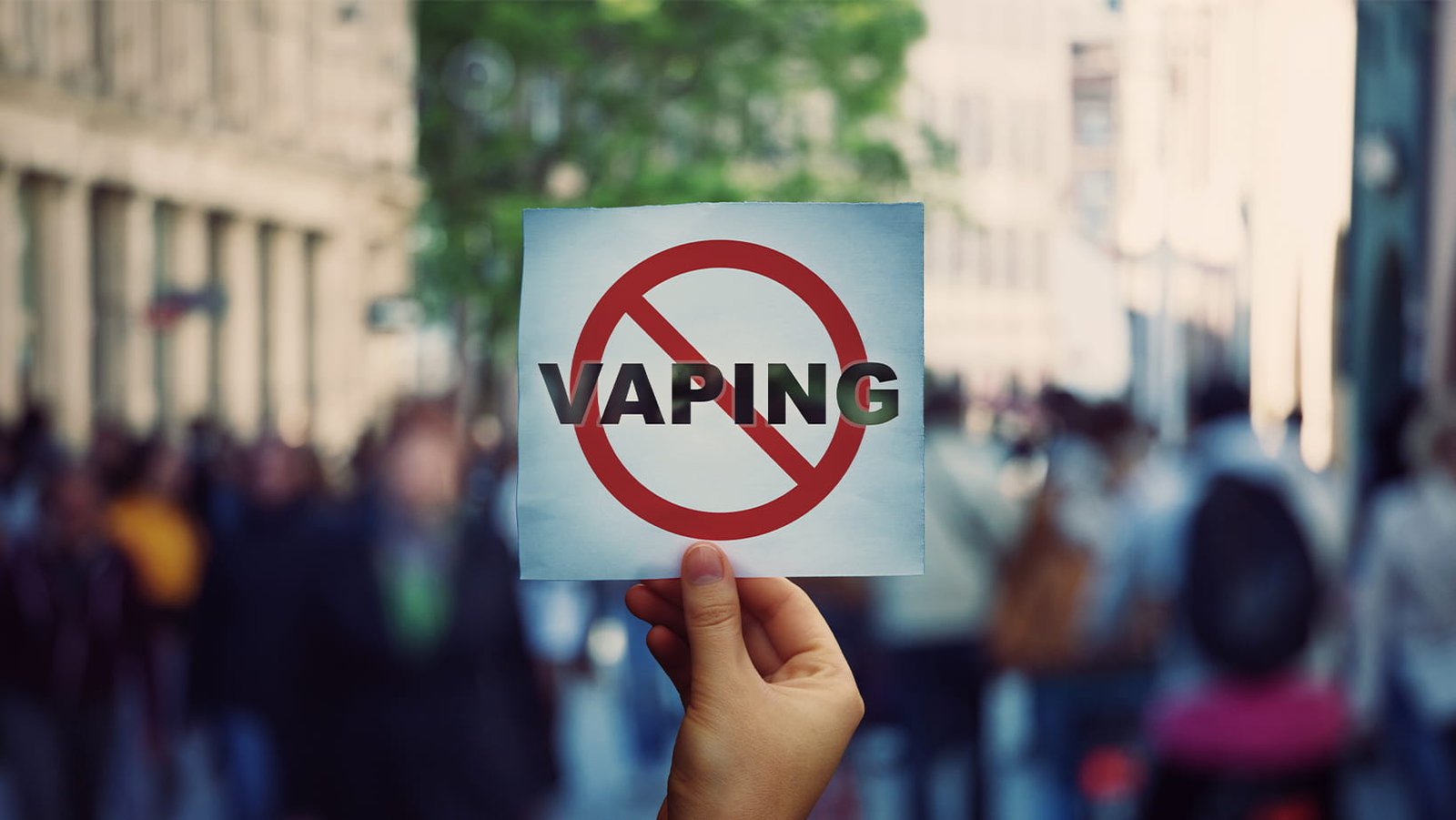Lifestyle
Disposable vapes: Councils urge for a complete ban by 2024

Local councils in England and Wales have expressed concerns about the negative impact of disposable vapes, including litter problems, fire hazards, and their strong appeal to children.
According to the Local Government Association, it has been suggested that approximately 1.3 million vapes are discarded every week, and there is a proposal to potentially ban them by 2024.

The popularity of single use varieties has seen a significant increase, largely influenced by Chinese brands like Elfbar and Lost Mary.
According to the UK Vaping Industry Association, vaping products have been found to assist smokers in their efforts to quit smoking, and they can also be recycled.
Disposable vapes provide a convenient option for enjoying a few hundred puffs of nicotine-containing vapour, often accompanied by delightful fruit or sweet flavours. These vapes come in eye-catching plastic packaging and can be easily disposed of once they are empty.
They are more user-friendly compared to conventional vapes or e-cigarettes, as they require no hassle of refilling with pods or liquid.
The Local Government Association (LGA) kindly advises that disposable ones may contain a small lithium battery, which has the potential to increase in temperature and cause fires in bin lorries.
Figures from research firm NielsenIQ suggest that the problem could potentially be even larger than initially thought. According to the data, approximately 300 million e-cigarettes (including disposable ones) were sold in the UK during the past year.
Notably, Elfbar and Lost Mary, both manufactured by the Chinese company Shenzhen Imiracle Technology Co, accounted for more than half of this total. That represents a significant increase of over four times in comparison to their sales from the previous year.
Councillor David Fothergill, chairman of the LGA’s Community Wellbeing Board, kindly expressed his opinion, stating that disposable vapes have certain design flaws and are inherently unsustainable products. Therefore, he believes that an outright ban would be more effective than focusing on attempts to recycle more vapes.
Councils do not oppose vaping entirely, as they believe that vapes are less harmful than tobacco and can potentially assist smokers in their efforts to quit.
John Dunne, the esteemed director general of the UK Vaping Industry Association, kindly expressed that the “remarkably affordable price, widespread availability, and user-friendly nature” of disposable products have greatly contributed to the significant reduction in smoking rates in the United Kingdom, reaching an unprecedented low.
The vape industry is making efforts to reduce its environmental impact, primarily focusing on educating consumers about proper disposal methods for used vapes. It is worth noting that vapes are generally considered to be highly recyclable.
During an interview with BBC Radio 4’s Today programme, he kindly expressed, “Disposables have been available for more than a decade and offer an affordable and easily accessible option that assists smokers in their journey to quit smoking tobacco.”
Mr. Dunne cautioned that implementing a blanket ban could potentially result in the influx of “potentially harmful” black market products into the UK.
In the UK, it is against the law to sell vapes and e-cigarettes to individuals under the age of 18.
According to Dr. Sakthi Karunanithi, the director of public health at Lancashire County Council, vaping was initially perceived as a means to reduce the harm caused by tobacco. However, Dr. Karunanithi mentioned that there seems to be an issue with marketing.
He mentioned to BBC Breakfast that the advertising was “unvetted and unscrupulous”.
Councils are also concerned about the potential appeal of disposable varieties with “fruity and bubble gum flavours, and colourful child-friendly packaging” to underage vapers. They are suggesting restrictions on their display and marketing, similar to those applied to conventional tobacco, in order to address this concern.
According to the anti-smoking charity ASH, they do not support a ban as it may potentially lead to an increase in illegal sales, which could pose a higher risk of children being able to purchase tobacco products. Deputy Chief Executive Hazel Cheeseman mentioned that the organisation supports the idea of implementing higher taxes on disposables and implementing stronger controls on import and sales.
According to a spokeswoman for Elfbar, the company is currently focused on developing a “comprehensive programme” aimed at safeguarding and protecting children.
She politely mentioned that merely calling for a ban on single use vapes may not effectively address these issues.
The potential consequence of this situation is that the illicit market may step in to provide unlicensed and unregulated products, which could potentially pose health risks.
A government spokesperson expressed their concern regarding the use of vaping products, especially among young individuals. Earlier this year, the organisation initiated a consultation to investigate the potential environmental and health effects of vaping, and is currently reviewing the responses received.
“We kindly request all consumers to please consider the environment and responsibly dispose of electrical waste, which can be done by utilising take-back schemes available at participating retailers,” the spokesperson kindly stated.
In Scotland, Lorna Slater, Minister for Circular Economy, kindly mentioned in June that single use vapes had unfortunately become a “significant concern – for our environment, local communities, and young people.” She also kindly assured that new plans would be announced in the autumn.











